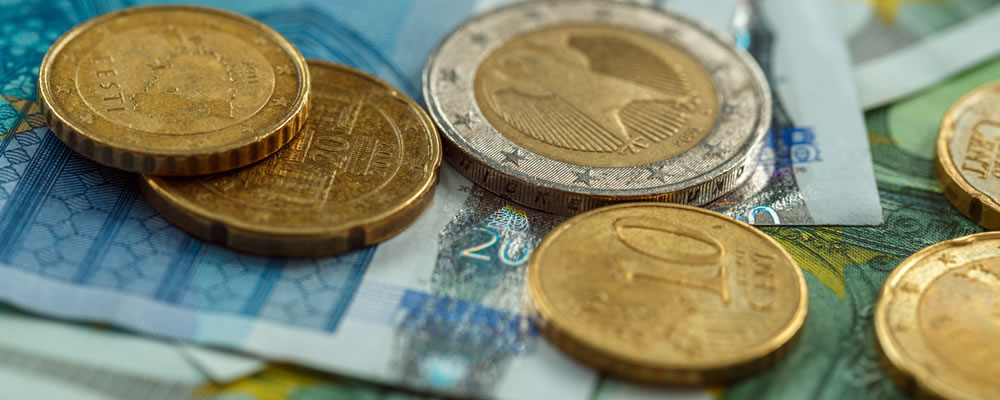Euro Pound Sterling (EUR/GBP) Exchange Rate Falls as Eurozone CPI Disappoints
The Euro Pound Sterling (EUR/GBP) exchange rate slumped and the pairing is currently trading at around £0.8626.
The single currency fell against the Pound despite data revealing the Eurozone economy grew by 0.2% during the third quarter of 2019, defying a slowdown expected by markets.
While the preliminary data was stronger than expected, this was still weak which likely weighed on the Euro.
Separately, Eurostat revealed that the bloc’s flash Consumer Price Index (CPI) edged up by 0.7% year-on-year in October, down from September’s increase of 0.8%.
The European Central Bank (ECB) aims to keep inflation below, but close to 2%, and despite years of easing the bank has been unable to bring CPI closer to its target.
Sterling (GBP) Rises as MPs Prepare for December Election
On Wednesday, Sterling edged up against a handful of currencies after Prime Minister Boris Johnson secured parliamentary support for a December general election.
The hope is that the first December election in close to a century will break the current Brexit deadlock that has haunted parliament.
The uncertainty that comes with an election left Sterling under pressure on Wednesday, and commenting on this National Australia Bank’s head of FX strategy, Ray Attrill stated:
‘Sterling has struggled to hold onto modest knee-jerk gains because the outcome of an election is highly uncertain.’
Meanwhile, on Thursday the Pound edged up against the single currency as markets assessed the risk associated with an early general election, and many investors believe the Conservatives will remain in power.
Commenting on this, MUFG’s European head of global research, Derek Halpenny said:
‘Johnson has cross-party support and [the opposition] Labour Party has lost a fair lot of the credibility it had in the 2017 election.
‘So that’s reflected in the stability in Sterling – markets believe the Conservative party will hold on to power and have a Brexit deal agreed with the EU.’
Pound (GBP) Edges Higher Despite Weak Consumer Confidence
The UK’s longest-running measure of consumer confidence slumped to its joint-lowest level since 2013 in October as Brexit uncertainty left consumers cautious.
While British consumers have remained upbeat since the Brexit referendum, in recent weeks morale has softened, which does not bode well for spending in the run-up to Christmas.
GfK revealed sentiment fell from -12 to a lower-than-expected -14 in September, although this did little to stop the Pound rising against the single currency on Thursday morning.
Commenting on today’s data, GfK strategy director, Joe Staton noted:
‘The ongoing machinations in Westminster appear to be impacting how we view our personal financial situation for the coming year with a notable fall […] in this measure in October.’
Pound Euro Outlook: Will Weak Manufacturing Weigh on GBP?
Looking ahead to Friday, the Pound (GBP) could fall against the Euro (EUR) following the release of the UK manufacturing PMI.
If October’s PMI reveals that the UK’s manufacturing sector continues to fall further into contraction, it is likely this will weigh on Sterling and cause the Euro Pound (EUR/GBP) exchange rate to edge up.



